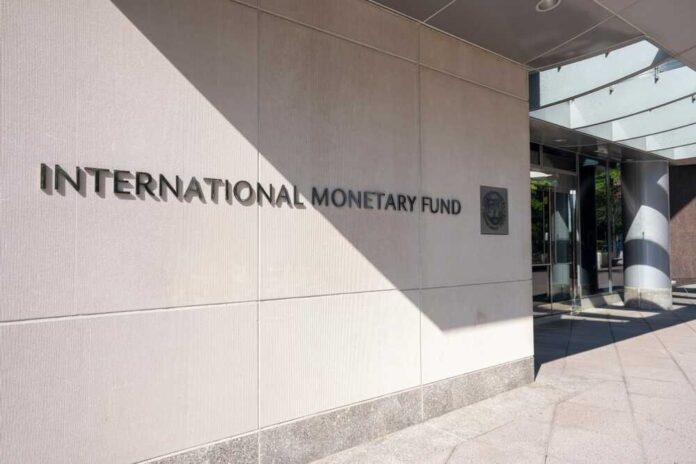
Over the last five months, a single Yemeni terrorist group has captured a cargo ship and unleashed a relentless missile and drone assault on dozens of commercial ships in the Red Sea and Gulf of Aden, effectively taking control of one of the the planet’s most important maritime routes.
In its unprecedented campaign demanding that Israel cease its assault in the Gaza Strip, Ansar Allah (Houthi) is planning to extend its reach farther into the Indian Ocean. The actions of the Houthis have already compelled major shipping companies to reroute their ships, and any additional disruptions could have far-reaching consequences for the world economy and the unstable geopolitical situation in a region where conflicts and disputes are already at an all-time high.
Natural or man-made catastrophes, as well as non-state entities like Somali pirates who lack economic incentives, have posed the greatest threat to ships transporting products around the world. However, according to Ian Ralby, a prominent maritime security expert and CEO of the I.R. Consilium marine consulting organization, the danger that Ansar Allah poses is unique.
According to Ralby, the issue is that they vary somewhat from all other groups that have targeted ships. Ansar Allah has defied regional and global forces for at least ten years.
According to Rockford Weitz, who heads Fletcher University’s Marine Studies Program, Ansar Allah has become a unique danger to marine transportation because of its ties to Iran. The attackers’ motivations for targeting commercial vessels are more political than economic.
The International Monetary Fund (IMF) has calculated that there has been a 50% decrease in shipping via the Suez Canal.
Before the Suez Canal was built over 150 years ago, shipping behemoths like Maersk and Hapag-Lloyd would generally use the route that circumnavigates South Africa, past the Cape of Good Hope.
As part of their efforts to expand their offensive against any vessel they believe is related to Israel, Ansar Allah declared that this route would also be attacked. However, International Institute for Strategic Studies analyst Albert Vidal was dubious that they could extend its campaign to other parts of the Indian Ocean due to their limited equipment range and the intelligence they received from Iranian or domestic sources.













